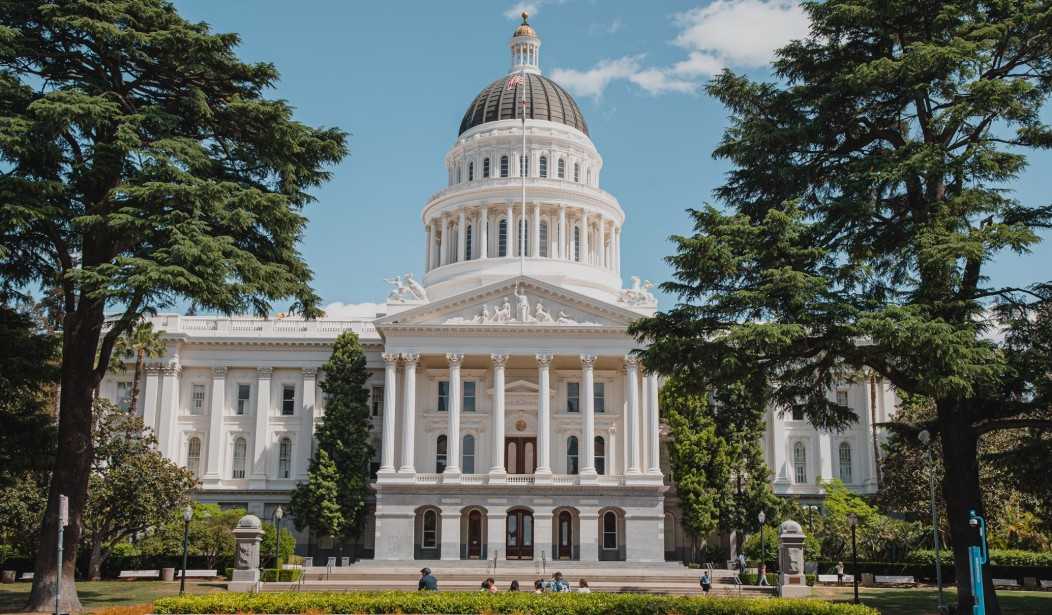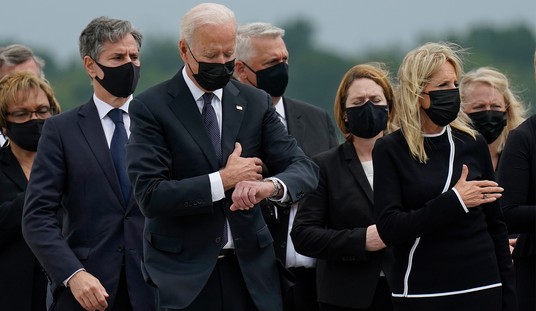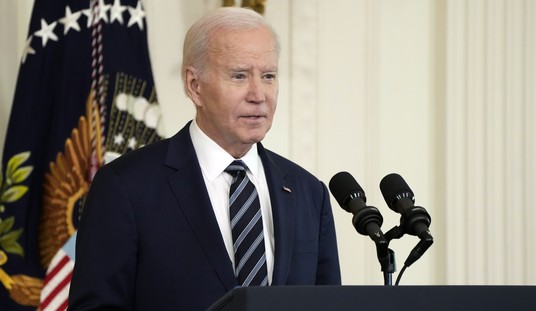California state lawmakers are advancing a bill that would constitute yet another brazen attack on the First Amendment. In a world where people can freely express their opinions and ideas on social media, anti-speech progressives in America are constantly seeking out new ways to prevent people from expressing viewpoints that run counter to their ideology on digital platforms.
SB 1228 would require social media companies to attempt to verify anonymous users who are considered to be “influential,” whatever the heck that means.
This measure would not only target people for their views, but the language of the bill is vague enough to be essentially meaningless. Moreover, the motivation behind this legislation is obvious: They want better ways to use the government to target political opposition.
Under SB 1228, by State Sen. Steve Padilla, D-Chula Vista, social media companies would be required to “seek to verify” the personal information of “influential” users, including seeking government-issued identification from “highly influential users.” Influential users who do not comply would have a “notation” on their content for two seconds showing the user is unverified showing the rest of a post, after which the notation would still be visible.
“The average person does not have convenient tools at the moment to distinguish between content produced by a reputable news source or AI generated misinformation,” said Padilla at the Senate Judiciary Committee hearing for the bill. “Numerous studies have shown that online anonymity results in increased unconstrained postings.”
“Influential” users would need to submit their name, telephone number, and email address if they have 15,000 or more followers, or more than 50,000 views within a week, or rank in the top 6% of platform views within a week. “Highly influential” users would need to submit government-issued identification if they have 30,000 or more followers, or more than 100,000 views within a week, or rank in the top 3% of views within a week.
Naturally, many are crying foul at this proposal. But its proponents argue that it is supposedly necessary to root out misinformation and disinformation, which basically refers to any idea, viewpoint, or information that runs counter to narratives perpetuated by progressives.
“It does not require platforms to force users to verify their identity, and it does not prevent users from using pseudonyms or no name at all when they are engaging in online speech,” said Mariko Yoshihara of the California Initiative for Technology & Democracy, to the committee. “This bill simply requires platforms to seek to verify the identity of users once they have reached a certain threshold that we have identified as influential.”
However, others have pointed out that the bill could unfairly target people who have valid reasons for remaining anonymous.
“It is unclear what constitutes satisfying the bill’s requirement to seek to verify influential users,” said Khara Boender of the Computer & Communications Industry Association to the committee. “These users may be speaking about sensitive topics, represent dissident opinions under oppressive regimes, or be part of a marginalized community, among other reasons. Anonymous speech is a long held value and tradition in the United States dating back to the Federalist Papers. Protecting anonymity of online speech carries forward such traditions and protections to allow for open and free expression.”
To start with, the bill is a clear threat to anonymity and freedom of expression, as Boender highlighted. The state’s effort to pressure companies to “seek to verify” the identities of “influential” users would undermine First Amendment protections and discourage people from engaging in open and free discussion on the internet. As she pointed out, many people prefer anonymity because disclosing their identities could put them in dangerous situations.
Moreover, the vague language would result in an inconsistent application of the law. It would create even more challenges for social media companies that could fail to comply, opening them up to lawsuits. The law would also allow the state to place an undue burden on companies to create intrusive verification systems that could result in a chilling effect on users.
Lastly, given what we have seen in America over the past ten years, it is impossible to believe that this law is nothing more than another effort to silence people based on their political views. There is no doubt in my mind that this would be used to target conservatives, libertarians, and anyone else who goes against progressive orthodoxy.
The authoritarian left has been looking for ways to use government force to silence certain viewpoints on digital media in spite of the First Amendment. We have already seen how federal agencies pressured social media companies to censor opinions on elections, the COVID-19 pandemic, and vaccines. California’s lawmakers would relish the opportunity to do this on a more widespread scale.
It is not only progressives pushing for these types of laws. During the presidential primaries, former candidate Nikki Haley called for legislation outlawing anonymous social media accounts.
But, this is how the anti-speech crowd works. They pretend that allowing people to say whatever they want from anonymous accounts is somehow dangerous to the public. This deflects from the actual truth: Allowing the state to regulate speech in this way is far more dangerous than an anonymous guy expressing opinions on social media.












